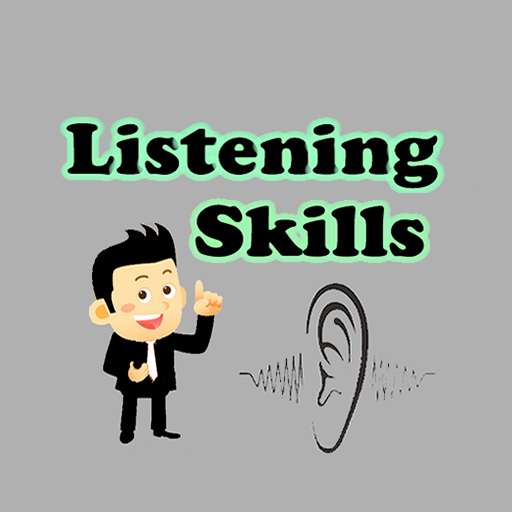LISTENING SKILLS
Listening Skills
Listen to Understand, not to Respond - Steven Covey
Listening is the ability to receive,
interpret and understand messages. Active listening is an important
section of the process of communication. Active listeners pay attention to the
communicator and what they are intended to say. Active listening involves the
ability to concentrate and ignore distractions. The distractions in the process
of active listening include checking messages on the gadgets, daydreaming,
personal worries, judging the person, etc. listening as well as communicating
become successful when both the parties concentrate on central ideas/ main
focus rather than judging each other. Nodding the head, having good eye
contact, and questioning ensure good listening and encourage the speaker.
Active
listeners have the following habits / Skills
§ Pay
more attention
§ Don’t
judge
§ Clarify
(Ask relevant questions)
§ Paraphrase
§ Understand
the purpose of communication
§ Show interest / encourage telling more
Habits of
Poor Listeners
§ Interrupt in between
§ Selective / partial listening
§ Focus on errors, not on significant points
§ Judging the person
§ Poor body language / no eye contact
How not to
listen (Vedantic Perspective)
§ Don’t listen like an upside-down pot (mindful
listening)
§ Don’t listen like a leaking pot (Listen attentively
– don’t miss any points)
§ Don’t listen like a dirty pot (get mixed with dirty
water) – listening with preoccupied / wrong opinions
Dayananda Sagar Business School (DSBS)



Comments
Post a Comment